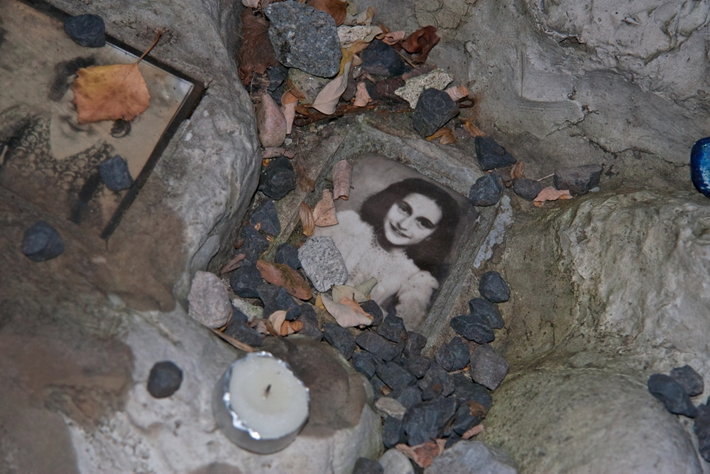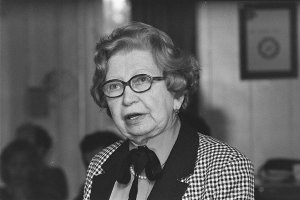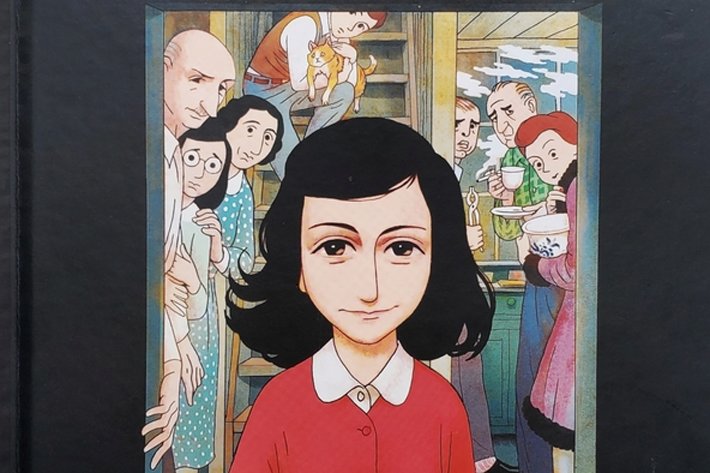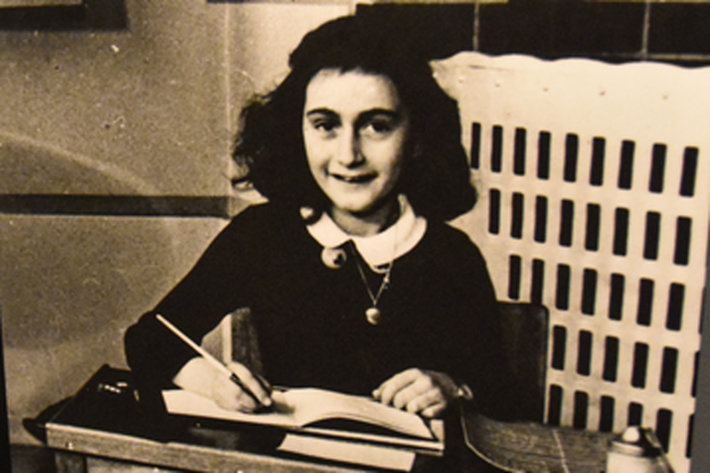More than 75 years have passed since The Diary of Young Girl was published, catapulting Anne Frank into the ranks of the most well-known victims among the six million Jews tragically killed in the Holocaust. Now a memoir co-authored by a friend offers new insights about the young girl’s life.

My Friend Anne Frank by Hannah Pick-Goslar was published posthumously on June 6. Pick-Goslar, a Holocaust survivor who was imprisoned alongside Anne in the same concentration camp, died at 93 in October 2022.
The memoir’s subtitle, The Inspiring and Heartbreaking True Story of Best Friends Torn Apart and Reunited Against All Odds, is slightly misleading. Pick-Goslar met Anne only twice.
The young Pick-Goslar and Anne were next-door neighbors and classmates at a nearby Montessori nursery school in Amsterdam. They shared a bond of friendship during a pivotal and uncertain time when their families both arrived in Amsterdam, seeking refuge from Nazi Germany.
This period extended until the fateful day in July 1942, when Anne and her family went into hiding in an attic above her father’s spice warehouse in the Dutch capital.
Anne was “a symbol, in many ways, of all the hope and promise that was lost to hatred and murder,” observes Pick-Goslar in her memoir, written with the help of Israeli journalist Dina Kraft. “Talking about her story, our story, would later become a thread that bound me to her and kept our friendship alive long after she was gone.”
The author recalls attending Anne’s 13th birthday celebration, where she received the diary that would later make her famous. It was adorned with a checked cloth cover.
“Everyone enjoys their birthday, but Anne was particularly fond of it,” Pick-Goslar writes. “She eagerly informed anyone who would lend an ear that her birthday was approaching.”
The two girls played Monopoly, traded cards featuring European royal family members and postcards showcasing Hollywood stars, Pick-Goslar writes. They also went to the movies, particularly those featuring Shirley Temple or Popeye the Sailor Man. Both girls nurtured dreams of leading glamorous lives someday.
According to Pick-Goslar, Anne relished being in the spotlight and occasionally displayed a know-it-all demeanor. Recounting a playful remark from Pick-Goslar’s mother, she writes, “God may know everything, but Anne knows it better.”
The memoir provides a heart-wrenching narrative of the Holocaust. Pick-Goslar vividly compares the odor emanating from the crematorium at the Bergen-Belsen concentration camp to the smell of boiling glue. She eventually was liberated by the Soviet Red Army.
Pick-Goslar describes her own experience of reading Anne’s diary, having personally known her. “Her diary made me realize just how special and unlike anyone else Anne was,” Pick-Goslar writes.
“This was a deeper, multilayered Anne, both familiar to me and, in some ways, entirely new. I was reading Anne frozen in time at 13, 14, 15 years old. I was aware that as I grew older, I could only get further away from her, a girl whose flickering shadow I felt I could still catch a glimpse of out of the corner of my eye. … It was a strange feeling.”
“Pick-Goslar’s story seems more important than ever now, when the incidence of casual, public and criminal antisemitism is rising at home and abroad,” wrote novelist Francine Prose, author Anne Frank: The Book, the Life, the Afterlife in a June 2 book review of Pick-Goslar’s book in the Washington Post. We need to be reminded that these things happened, that millions of innocent human beings were methodically slaughtered while much of the world watched or feigned ignorance, and that—again, against all odds—people like Pick-Goslar survived to tell us what it was like.”
_______________
From its beginnings, the Church of Scientology has recognized that freedom of religion is a fundamental human right. In a world where conflicts are often traceable to intolerance of others’ religious beliefs and practices, the Church has, for more than 50 years, made the preservation of religious liberty an overriding concern.
The Church publishes this blog to help create a better understanding of the freedom of religion and belief and provide news on religious freedom and issues affecting this freedom around the world.
The Founder of the Scientology religion is L. Ron Hubbard and Mr. David Miscavige is the religion’s ecclesiastical leader.
For more information visit the Scientology website or Scientology Network.


